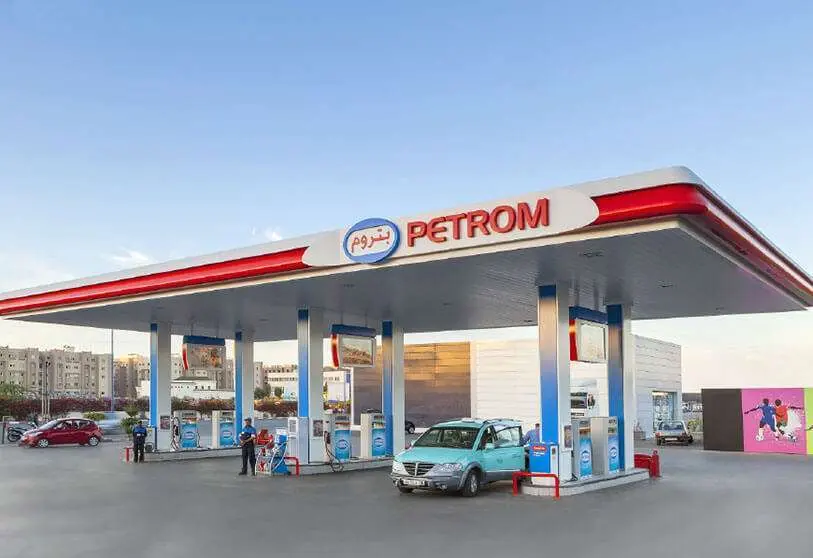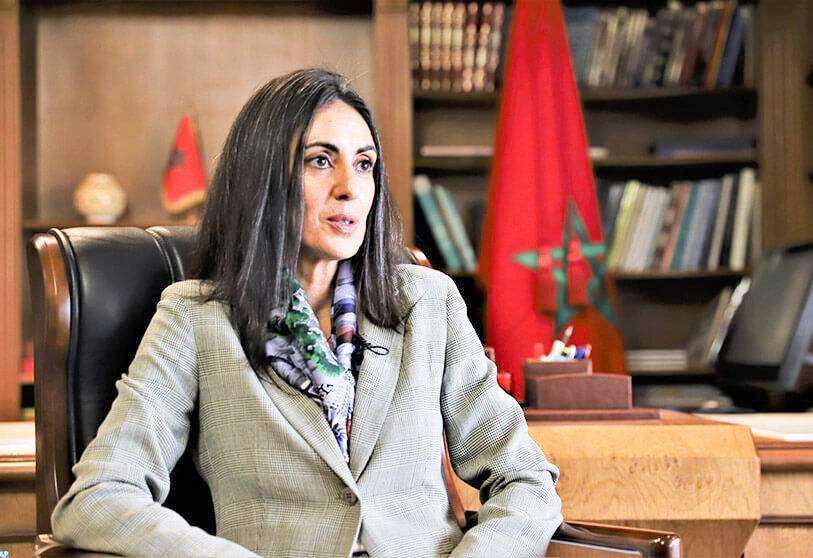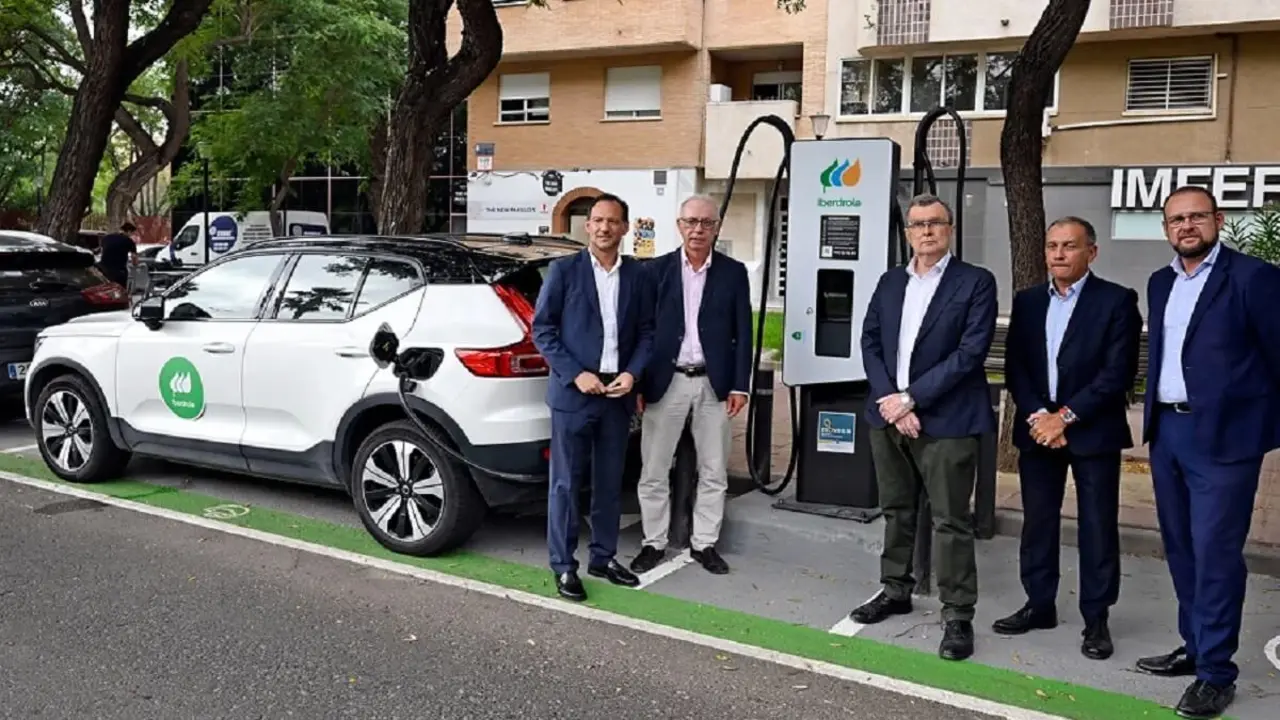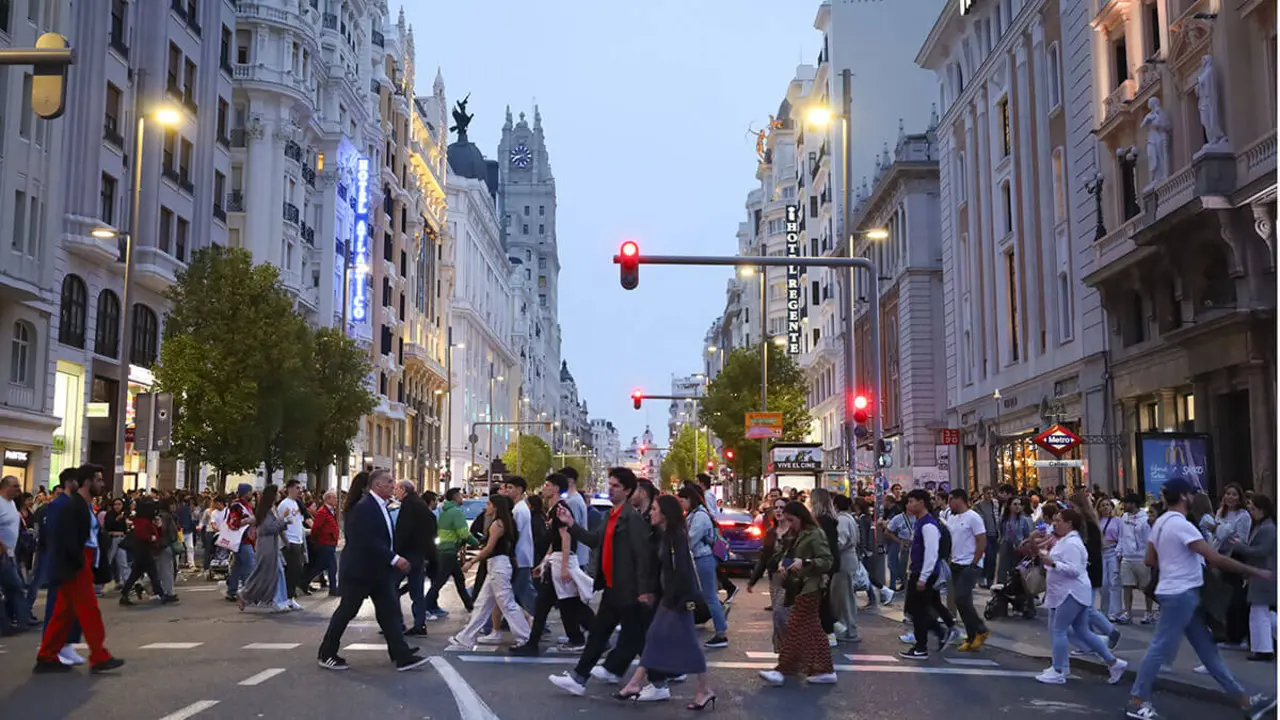Major fuel price rises expected in Morocco

Fuel price rises in Morocco could push the price of diesel up to 1.47 euros (15.5 dirhams), while petrol could reach 1.71 euros (18 dirhams). These maximums are expected according to the calculations of experts from the National Federation of Moroccan Service Station Owners, Traders and Managers (FNPCGS).
The international conflict between Russia and Ukraine is not unrelated to the Moroccan economy, in fact, it is one of the main accelerators of these increases. Since the Russian blockades, energy resources have become increasingly scarce, and this, together with continuing demand, has caused prices to soar.
The Moroccan government has repeatedly refused to support its citizens with various measures that could stimulate a drop in fuel prices. Nadia Fettah, Minister of Economy and Finance, apologised to parliament on 6 June, arguing that "we don't have the budget to subsidise fuel prices... Let's not mortgage the future".
She also acknowledged that the government is called upon to manage this situation, but explained that the impossibility of knowing possible future price fluctuations, as well as the duration of this international crisis, make this task extremely difficult.
Despite Morocco's high consumption of hydrocarbons, at around 12 million tonnes per year, they are subject to multiple taxes. The ICT (domestic consumption tax) and VAT (value added tax) are significant taxes on the price of fuel. But for the time being the government is not considering reducing or suspending them in order to reduce fuel costs.

One of the measures Morocco is considering is to relaunch its "La Samir" refinery as soon as possible. This would make it possible to increase fuel storage capacity, which would help stabilise prices as far as possible.
Another formula suggested by some experts is to encourage petrol stations to reduce their profit margins, which would significantly reduce consumers' bills. But the reality is that it is highly unlikely that the government will take any action in this direction, as the hydrocarbon sector has been liberalised in Morocco since 2015.
One of the sectors most affected by fuel price rises is the taxi sector, which has led the national taxi drivers' union to threaten to go on strike on 29 June in front of the wilaya of Greater Casablanca. They believe that the subsidies allocated by the government to their sector are insufficient to cover the cost of fuel.
But this difficult situation is unlikely to be resolved, at least in the short term. The investment bank Goldman Sachs predicted that Brent crude could rise to $140 a barrel by the summer, from $120 a barrel at present.
"Western importers have announced import bans on Russian oil," Goldman explained, which, according to the bank, "will result in significant and imperfect barrel displacement due to contractual and transportation constraints".
One of the solutions suggested by the report published by the bank would be tariffs, which would mean taxing Russian exports significantly, reducing the income of the country governed by Putin, but allowing trade flows to normalise.

The Organisation of Petroleum Exporting Countries (OPEC+) has also taken action, pledging to increase daily barrel production from 42.56 million barrels per day in July to 43.2 million barrels per day. Despite this increase in production, it is still insufficient to cover the shortfall caused by the Russian oil embargo.
This embargo refers to oil transported by ship, which accounted for two thirds of European imports of Russian crude, something that rose to 90% by the end of the year. This increase after the Russian invasion has been spread across the rest of the OPEC members, but some of them have not been able to increase the rate of production of their infrastructure at the same time as demand has grown.
All this means that the price of oil is still soaring, and, worst of all, has not yet peaked. Moroccans are therefore looking for ways to reduce their fuel bills as much as possible, despite the government's reluctance to reduce fuel taxes.








